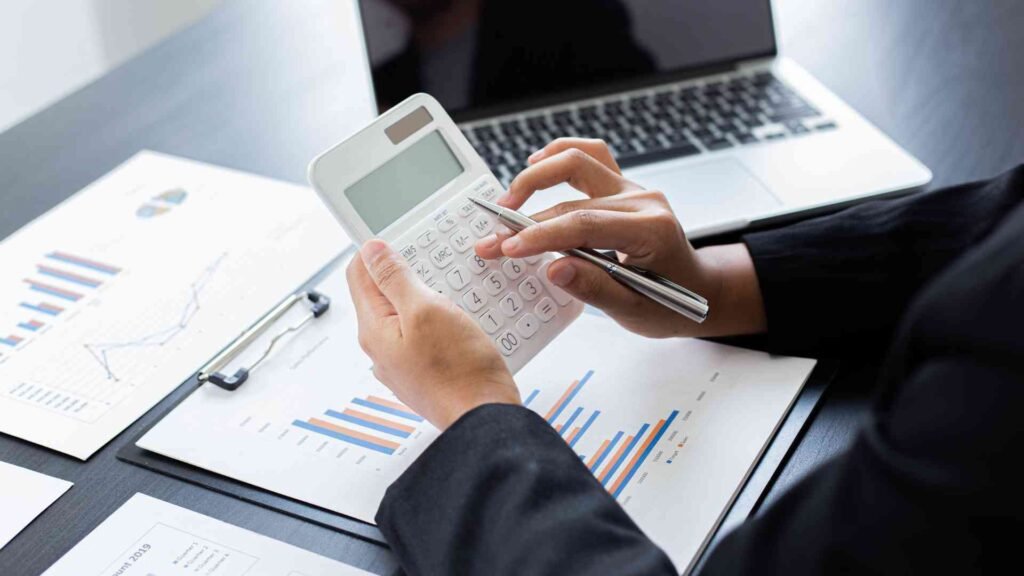Managing and Recording Your Company Expenses.
Properly managing and recording expenses is crucial for any business, regardless of its size. It not only helps in maintaining financial clarity but also ensures compliance with tax regulations and provides insights into your company’s financial health. Here’s a comprehensive guide on how to effectively manage and record your business expenses:
Why Expense Management Matters
-
Financial Clarity: Tracking expenses provides a clear picture of where your money is being spent. This insight allows you to make informed decisions about budgeting, resource allocation, and cost-cutting measures.
-
Tax Compliance: Accurate expense records are essential for claiming tax deductions and credits. Proper documentation helps during tax audits and ensures you don’t miss out on potential savings.
-
Business Insights: Analyzing expense data can reveal patterns and trends in your spending habits. This information can guide strategic planning and help identify opportunities for efficiency improvements.
Steps to Manage and Record Expenses
-
Establish a System: Choose an expense management system that suits your business needs. This could be software like QuickBooks, Xero, or even a simple spreadsheet. Ensure everyone in your organization follows the same system for consistency.
-
Capture Receipts: Keep all receipts and invoices related to business expenses. Digital copies are acceptable and often more convenient. Apps like Expensify or Receipt Bank can help streamline this process by capturing and categorizing receipts automatically.
-
Categorize Expenses: Organize expenses into categories such as office supplies, travel, utilities, and meals. This not only simplifies tracking but also makes it easier to analyze spending patterns.
-
Regular Reconciliation: Reconcile expenses with bank statements regularly to ensure accuracy. This step helps identify discrepancies or unauthorized charges promptly.
-
Review and Analyze: Periodically review expense reports to identify areas where spending can be optimized. Look for recurring expenses that may be unnecessary or opportunities to negotiate better rates with vendors.
Best Practices for Expense Management
-
Set Spending Policies: Establish clear guidelines for employee expenses, including allowable expenses, spending limits, and approval processes.
-
Train Employees: Educate your team on the importance of accurate expense reporting and how to use the chosen expense management system effectively.
-
Automate Where Possible: Use automation to streamline expense reporting and approval workflows. This reduces manual errors and saves time for both employees and finance teams.
-
Monitor and Adjust: Continuously monitor your expense management practices and adjust them as your business grows or market conditions change.
Conclusion
Effectively managing and recording business expenses is essential for financial stability and growth. By implementing a structured approach to expense management, you can maintain control over your finances, ensure compliance with regulations, and gain valuable insights into your company’s financial performance. Invest in the right tools and processes to simplify expense management, and empower your team to contribute to the overall success of your business.








